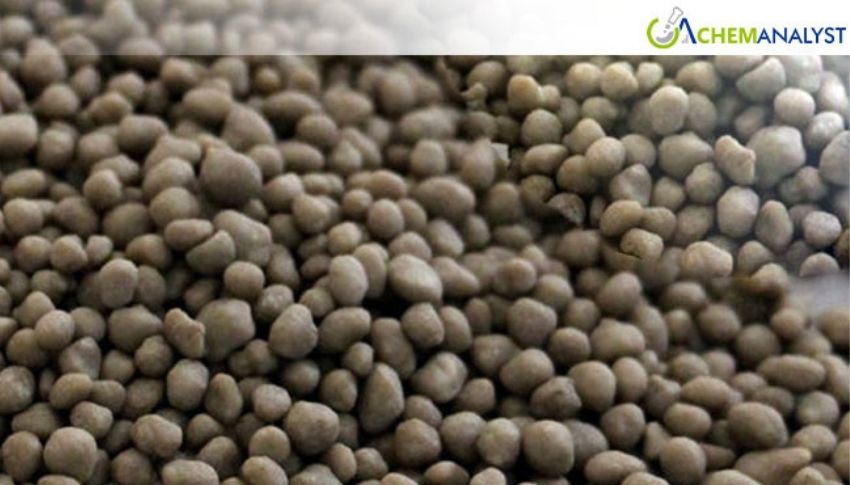Welcome To ChemAnalyst

The global market for diammonium phosphate (DAP) is expanding rapidly in June 2025, driven mostly by high exports from China and Morocco. In order to circumvent seasonal delays and regulatory obstacles, importers from Asia, Europe, and the Americas are speeding up their orders. Despite low local inventories and increasing port congestion, Chinese traders are preferring exports because of the higher margins. Morocco is increasing its exports in response to high demand from Pakistan, France, and India. Early purchases are being prompted, especially in Europe, by anticipated EU levies on Russian fertilizers. In anticipation of a turbulent summer, the DAP market is preparing for tighter supply, increased demand, and impending regulatory changes.
In recent June xxxx, the international Diammonium Phosphate (DAP) fertilizer market is advancing sharply, powered by China and Morocco once again both being double engines of the latest bullish development. Supply prices at origin are firmed and importers in Asia, Europe, and the Americas will be increasing their buying to avoid cost creep and headaches in seasonality.
In China, the upswing continues with the DAP FOB price in Qingdao rising x.xxx to USD xxx/tonne, with sizeable buying by India, Japan, and Bangladesh. Chinese traders are finding higher margins exporting than selling domestically, which is pressuring already low inventories at the ports for export. Further, the number of ships waiting to load at the ports of Shanghai-Ningbo, and Qingdao increased significantly this week, adding significant congestion to an already busy port during peak demand. While DAP stocks are being cleared quickly, and...
We use cookies to deliver the best possible experience on our website. To learn more, visit our Privacy Policy. By continuing to use this site or by closing this box, you consent to our use of cookies. More info.
